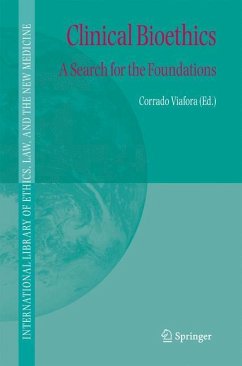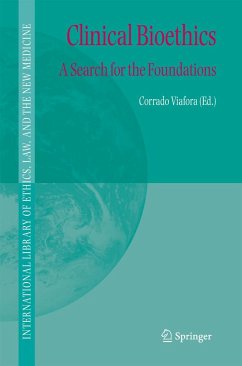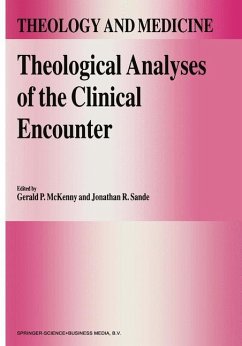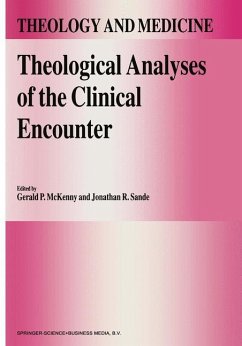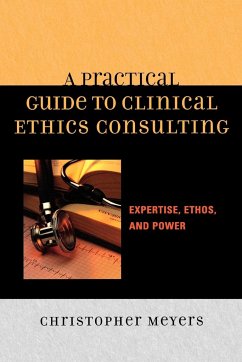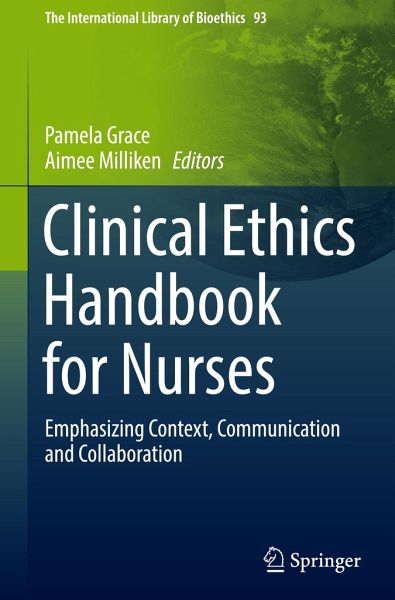
Clinical Ethics Handbook for Nurses
Emphasizing Context, Communication and Collaboration
Herausgegeben: Grace, Pamela; Milliken, Aimee

PAYBACK Punkte
57 °P sammeln!
This handbook provides tools for nurse educators, ethics educators, practicing nurses and allied health professionals for developing confidence and skill in ethical decision making in interdisciplinary settings such as acute and chronic care hospitals and clinics. It is useful for all healthcare personnel who face ethical issues in the course of their work and who work with nurses to resolve these issues. While the content is based on a US context, the concerns of nurses internationally are discussed and emphasized. Nurses working in acute and chronic care settings face many obstacles to provi...
This handbook provides tools for nurse educators, ethics educators, practicing nurses and allied health professionals for developing confidence and skill in ethical decision making in interdisciplinary settings such as acute and chronic care hospitals and clinics. It is useful for all healthcare personnel who face ethical issues in the course of their work and who work with nurses to resolve these issues. While the content is based on a US context, the concerns of nurses internationally are discussed and emphasized. Nurses working in acute and chronic care settings face many obstacles to providing good care and are often the first line of defense related to patient safety and meeting the needs of patients and their families. Some of the obstacles to optimal patient care are institutional, some sociocultural, and others the result of inadequate communication. Evidence points to the idea that while nurses do have the knowledge and skills to address practice problems of varioussorts, they may not be confident in their skills of ethical decision making and advocacy actions. This is a resource to develop moral agency on behalf of individuals and to address broader barriers to good care raised at the local, community, or social levels.






